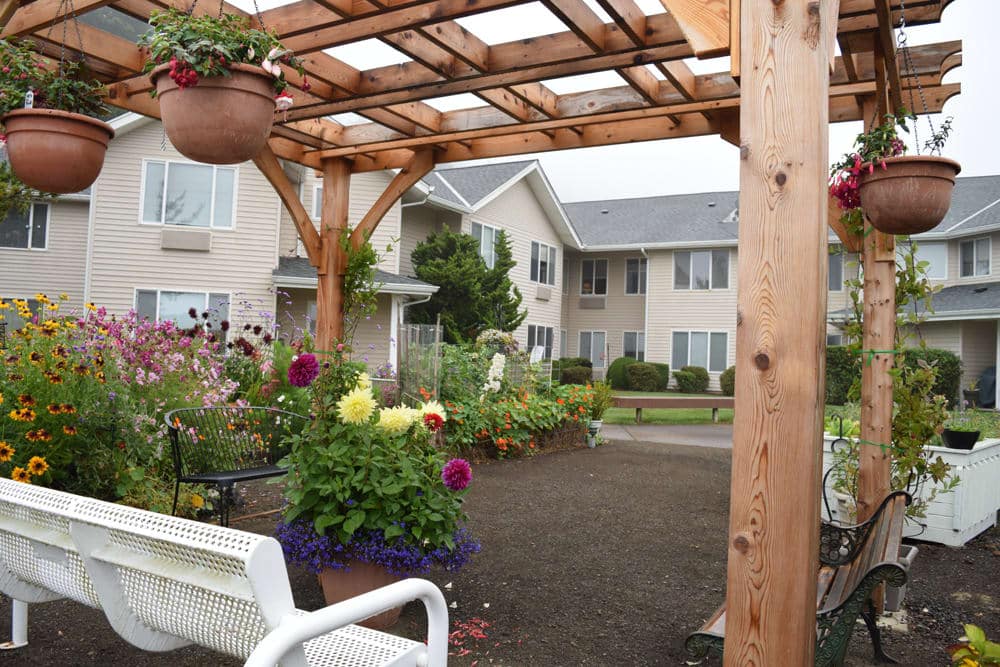
Music for Elderly People that Sparks Joyful Memories
Music for Elderly People That Brings Back the Joy Music for elderly people is more than entertainment—it’s a lifeline to treasured moments and emotional healing.
Gain expert insights and practical tips to help seniors and their families navigate senior living with confidence.
Category: Memory Care

Music for Elderly People That Brings Back the Joy Music for elderly people is more than entertainment—it’s a lifeline to treasured moments and emotional healing.

Top Retirement Communities Santa Barbara CA Living Retirement communities in Santa Barbara, CA, offer more than just a beautiful place to settle down—they deliver a

Guide to Enjoying Retirement With Health and Happiness Stepping into retirement is a monumental life change that opens doors to new adventures, personal growth, and

Discover Compassionate Memory Care Cypress, CA Services Navigating memory care options in Cypress, CA, is a profoundly personal journey. You want to find a place

Why is the Elderly Sleeping a Lot? Understanding the Signs It’s not uncommon to notice an elderly loved one spending more and more time asleep.

Discover the Best in Assisted Living Oregon Options When it comes to finding the right care for your loved ones, exploring assisted living options in

Discover the Power of Elderly Workout Classes Today Staying active is vital at any age, but it becomes especially critical in our later years. Elderly

Why Luxury Living for Seniors Is Worth the Investment Investing in luxury living for seniors near San Diego, CA, at Westmont Living isn’t just about

Independent Living Newport: A Coastal Lifestyle Redefined Independent living Newport offers the best of both worlds—freedom and community. At Oceanview Senior Living, your days are

High-End Senior Care: Redefining Retirement Living As you explore the concept of high-end senior care prices at The Oaks at Nipomo, you’ll find it’s more
Discover the level of care you or your family member requires.
Popular Blogs





Find out if you or your loved one’s current lifestyle is best suited for long, healthy aging.
Each of our communities across California and Oregon offers a unique blend of activities, connection, and wellness.
Embrace a lifestyle where your interests and independence are celebrated every day.
9000 Murray Drive La Mesa, CA 91942
Luxury redefined in a resort-style setting, tailored for dynamic senior living experiences.
190 Via Jero, Goleta, CA 93117
Where warmth meets care, curating an inviting senior living experience.
17050 Arnold Drive Riverside, CA 92518
A harmonious blend of belonging, independence, and enriching senior lifestyles.
All Rights Reserved. Powered by ConversionFormula.
Pick a Westmont community to explore and schedule your personal walkthrough!
Make yourself at home where a happy, healthy lifestyle goes hand-in-hand with your personal fulfillment, enrichment, and growth.
Answer a few quick questions to unlock the exciting future senior living can offer!